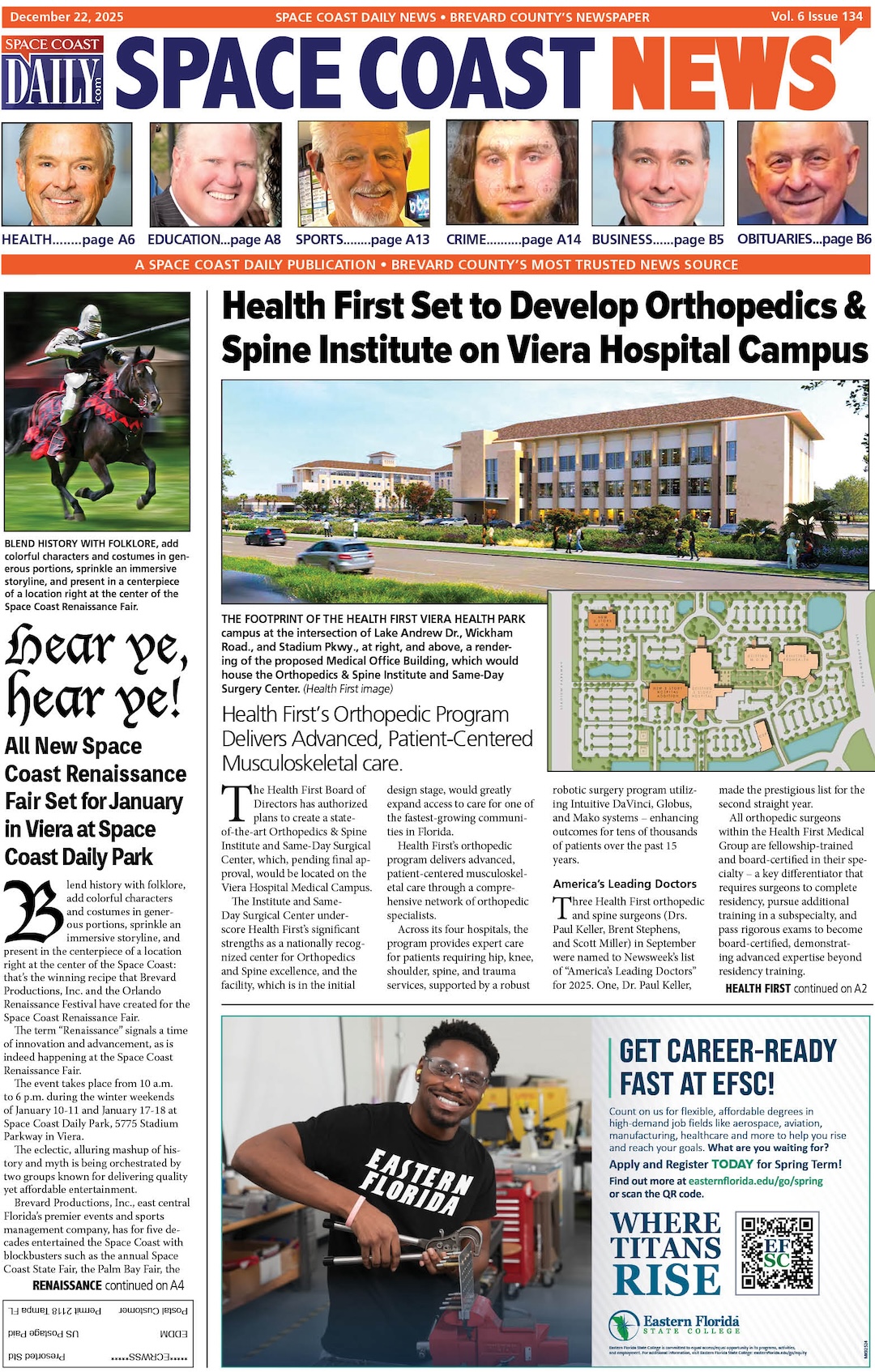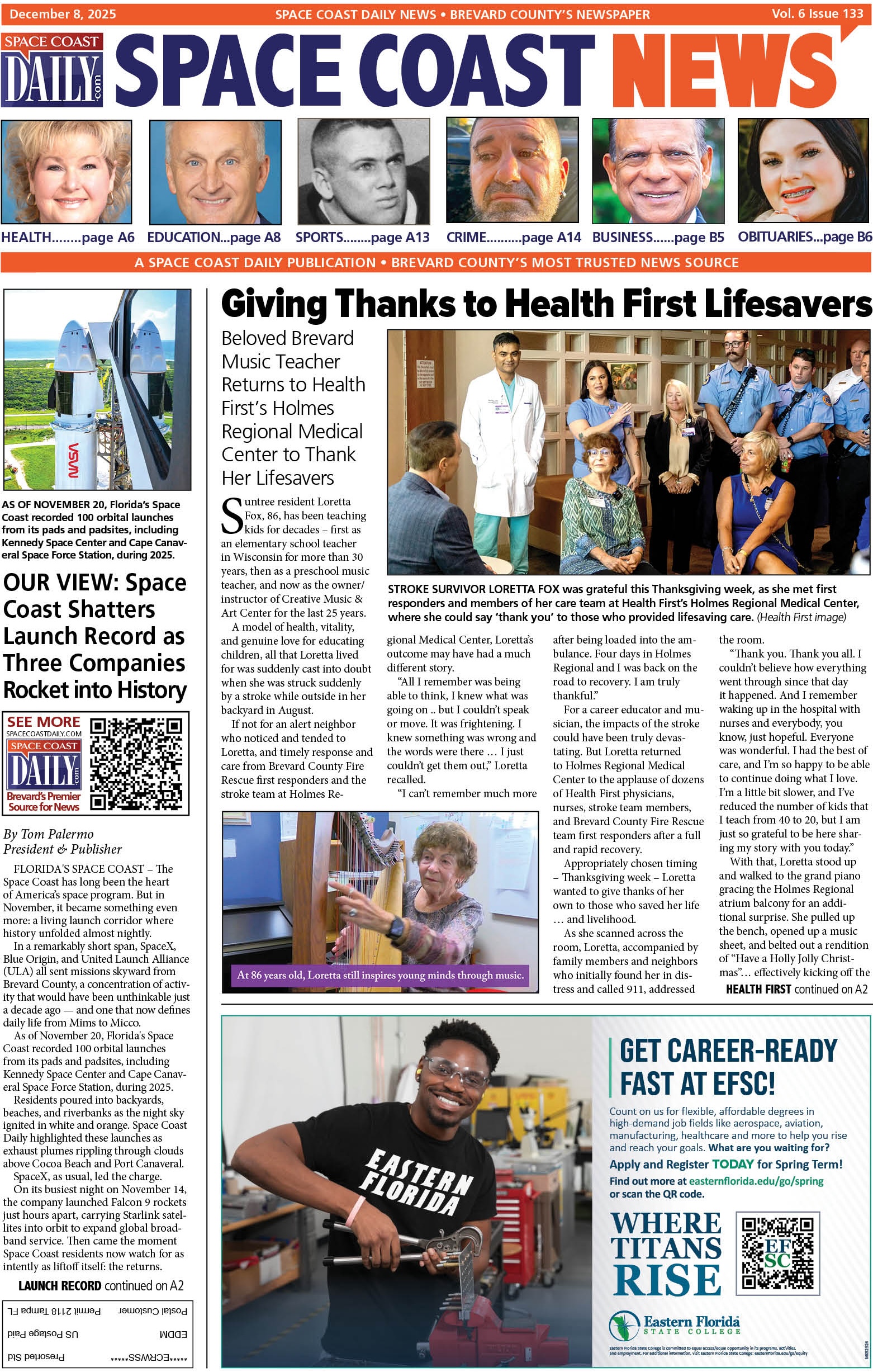‘Cool’ Documentary Follows Florida Tech Science Expedition To Antarctica
By Adam Lowenstein, Florida Tech // July 20, 2015
How Climate Change is Threatening Deep-Sea Life
ABOVE VIDEO: A documentary film depicting student research during a scientific expedition to Antarctica. In studying how climate change and rising ocean temperatures are affecting the ecology of the Antarctic deep seafloor, the team had the opportunity to explore an area of the deep sea, and the world, that humans know almost nothing about. Collaborating team members are from Florida Institute of Technology, University of Alabama Birmingham, Woods Hole Oceanographic Institution, and University of Southampton.
BREVARD COUNTY • MELBOURNE, FLORIDA – Frigid waters, snow-covered shoreline, coats and gloves – the antidote to another scorching Florida summer?
Yes, indeed, and you can find all of that and more in a compelling, short documentary examining critical research from marine scientists at Florida Institute of Technology and elsewhere.
Florida Tech alumna Allison Randolph (’13 Marine Biology) produced the seven-minute film about a National Science Foundation-supported expedition aboard a research vessel that cruised from the tip of South America to the waters off of the Western Antarctic Peninsula.
Randolph captured what day-to-day life at sea is like during the five-week trip; some of the challenges of gathering scientific data in icy, deep water; and spectacular images of Antarctic geology and exotic organisms that live on the ocean floor.
The mission of the team of marine scientists from Florida Tech, University of Alabama at Birmingham, the Woods Hole Oceanographic Institution, and the University of Southampton was to research king crabs moving into areas that previously were too cold for them to inhabit.

Florida Tech’s Richard Aronson, the mission leader, wanted to test the idea that climate change has drawn these predatory animals to the Antarctic and may be causing harm to the previously untouched seafloor community.
The research team used a hardy underwater camera vehicle named SeaSled, designed by engineers at Woods Hole, to identify where the king crabs were living.
The instrument also gauged the exact temperature, salinity and depth needed by the scientists to understand the extent to which global climate change is affecting Antarctic ecology. Some of Randolph’s footage shows the fascinating images of the seafloor captured by the SeaSled.
Living specimens were gathered using crab traps—no easy feat in choppy, icy water—to learn more about their physical characteristics, genetic identity and diet.
The goal of Antarctic SeaScience Expedition, said Randolph, is to increase the public’s interest in ocean science and exploration.
“The investigators of this expedition value the importance of science communication and realize that video is an extremely effective means by which to educate and inspire.”
The film is appropriate for a wide audience, from children to adults.













